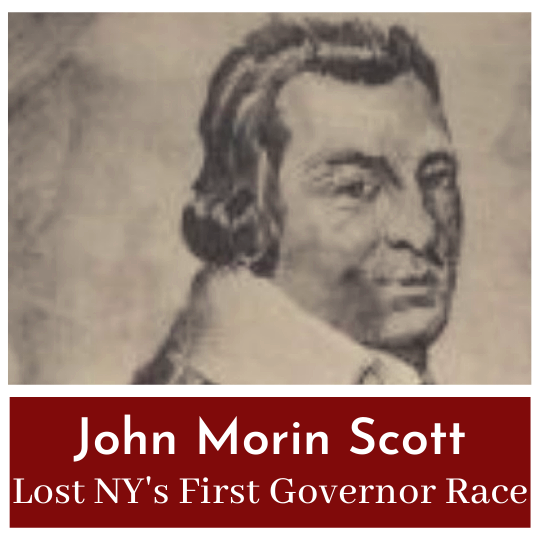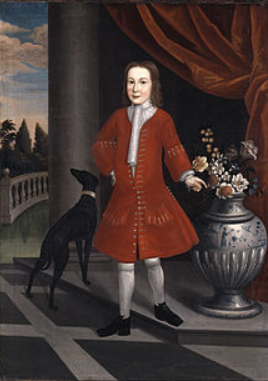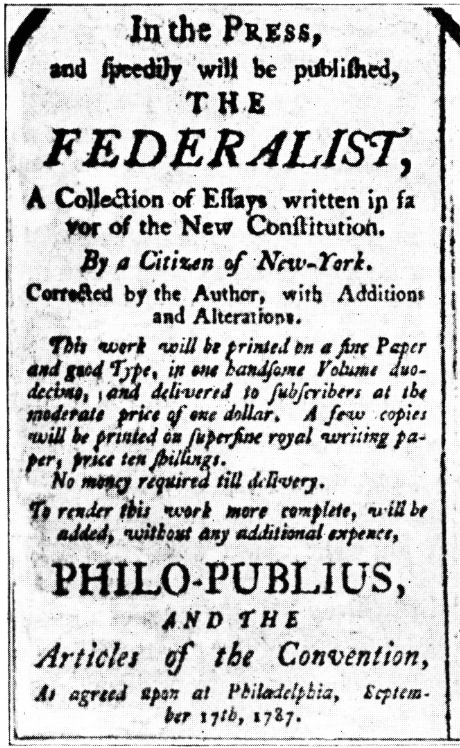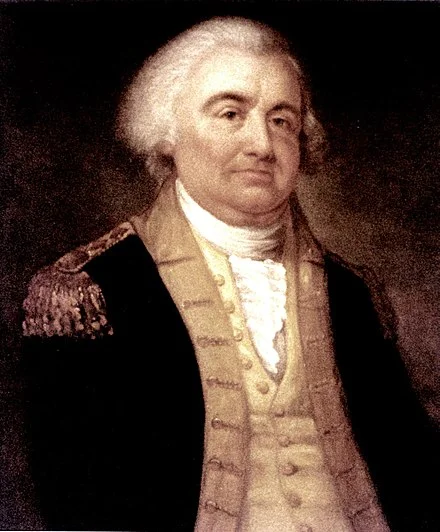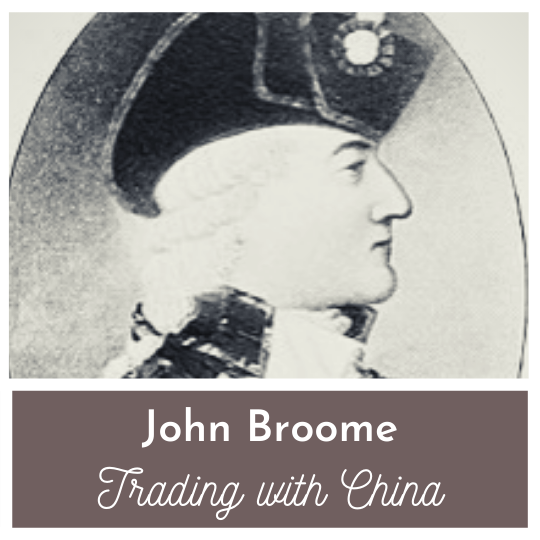Sensible But Not Very Polite - John Morin Scott's New York City
John Morin Scott was one of the most important leaders in Revolutionary New York.
Scott was an early and very outspoken critic of Parliament’s policies.
Among the long list of accomplishments he achieved, he is best known for serving as Secretary of State through the duration of the war.
“Mr. Scott is a Lawyer, of about 50 years of Age, a sensible Man, but not very polite. He is said to be one of the readiest Speakers upon the Continent.”
- From the diary of John Adams, August 1774
John Morin Scott
John Morin Scott was born to one of the most well-to-do families in New York City.
As a young man, Scott had graduated from Yale and quickly became a successful lawyer.
He learned to be outspoken about his beliefs, seemingly unflinching when it came to who he might be offending.
In his twenties, he was one of the publishers of the Independent Reflector, which he produced with his close friends Williams Smith and William Livingston (the future Governor of New Jersey). This newspaper argued against the establishment of King’s College, an Anglican school, for fear that it would lead to a Bishop being sent to the colony. This was not something Protestants were happy to accept.
King of New York
Twenty years later, Scott was one of the most important men in New York. His massive land holdings included what we now know as Times Square.
When the Mother Country began issuing harsh taxes, he was eager to speak up and helped to create the New York Sons of Liberty.
As the Revolutionary War neared, John was elected to the several Committees which took control of the colony.
Brigadier General
When hostilities broke out, Scott was commissioned as a Brigadier General in the New York Militia.
John led his men at the Battles of Brooklyn, Harlem Heights and White Plains before resigning to focus on his political duties. These included sitting on the committee which wrote the first State Constitution.
Furthermore, Scott was a candidate for Governor in New York’s first election after independence. Although he lost to George Clinton, he was quickly appointed Secretary of State, a position he would hold throughout the war.
Continental Congress
By 1777, John Morin Scott was chosen as an Associate Justice for the State Supreme but he declined the opportunity. This seems to be due to the importance of the office of Secretary of State during wartime.
Additionally, Scott would twice served as a Delegate to the Continental Congress. Here, he would most commonly be tasked to work on matters of foreign affairs.
When he passed away suddenly just after the end of the war, John was still serving in his seventh year as Secretary of State. His son, Lewis Alliare Scott, would take over the position for the next fifteen years.
Want more Founders from New York?
OK, here you go:
Simeon De Witt Maps Out New York Transit
Revolutionary New York City was an important battleground during the Founding.
‘Battle for New York’ discusses this interesting time and place.
If you’d like a copy you can get one through the Amazon affiliate link below (you’ll support this site, but don’t worry, Amazon pays me while your price stays the same).
Want to get fun American Revolution articles straight to your inbox every morning?
Subscribe to my email list here.
You can also support this site on Patreon by clicking here.
Thanks for your support!
